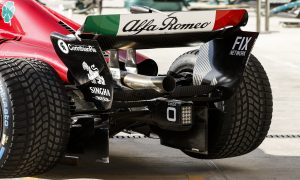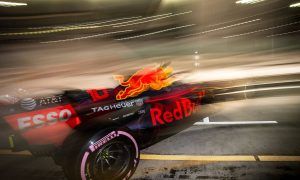NO STANDARD PROFILE
An F1 team principal needs to possess a wide range of skills and talents. Maybe that’s why there is no such thing as a standard profile. Before taking the helm of racing outfits, some were drivers (Christian Horner, Toto Wolff), or co-pilots (Jean Todt, David Richards). Others were lawyers (Monisha Kalternborn), or held senior commercial positions (Maurizio Arrivabene, Flavio Briatore). Along with the likes of Colin Chapman, Ross Brawn and Martin Whitmarsh, Boullier belongs to the “engineers” category, having graduated from the Institut Polytechnique des Sciences Avancées school.
“My engineering studies, which specialised in aeronautical and space systems, have allowed me to acquire managerial skills, as well as a clear understanding of Formula One’s technological aspect.”
While delegating means you have to forego some facets of the trade, it’s not the technical one that Boullier misses the most but the close relationship he enjoyed with drivers when he started out as an exploitation engineer.
“I love the bond you can forge with a driver. This is actually one of the reasons why I left DAMS – where I served as managing director – for Gravity [the driver development programme founded by former Enstone owners Gérard Lopez and Eric Lux] in late 2008.
“When the driver really trusts his race engineer – and when you think about it, he is putting his life into your hands – you can really develop and elevate him to do exceptional things by pushing him out of his comfort zone. This is probably the part of the job I miss the most, even more than the technical side of things.
“Still, my position allows me to be close to Fernando [Alonso] and Jenson [Button]. As every other great champion, they are obsessed with winning. Until they don’t have exactly what they want, they will put the team under pressure. If you know how to manage expectations, reassure them about the direction we are headed, that’s when they trust you. What really matters to me is that they stayed loyal until the very end of last season.”








